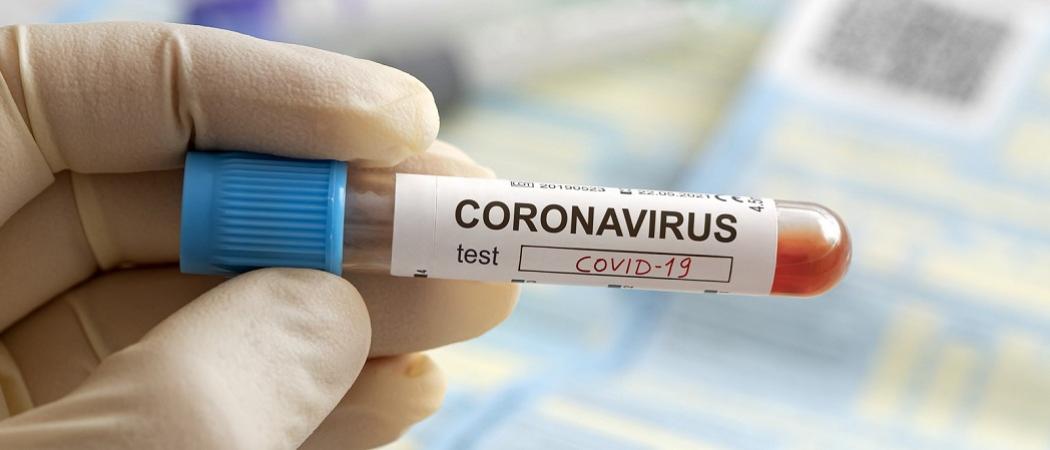Academics speak out against ‘ridiculous’ studies that are getting submitted to journals and urge ‘self-restraint’ be restored

A group of concerned scientists has warned against a flood of “useless” science submitted to journals during the COVID-19 pandemic, which they say is overwhelming reviewers and leaving good research “in an increasingly longer queue”.
As one case in point, since April, Piotr Rzymski, a researcher at the Department of Environmental Medicine in the Poznan University of Medical Sciences says he has been invited to review over 60 manuscripts on COVID-19 by a variety of scientific journals.
“Some were ridiculous,” he said. “My favourite example is a suggestion to blow very hot air into a patient's lung to eliminate the virus.”
Among the many naïve submissions are several pushing propaganda. Rzymski says he has come across papers that were “uncritically reviewing an institutional or national response to the pandemic, or providing unsupported claims, such as the laboratory origin of COVID-19,” he said.
Hans Ochs, professor of paediatrics at the Seattle Children's Research Institute, won’t reveal the details of the papers he’d reviewed for confidentiality purposes. “But some are material for Saturday Night Live,” he said.
Ochs said the sources of these “useless papers” ranged from the well-meaning health professionals who wanted to help during a pandemic, to researchers who saw a chance to enlarge their CV.
Ochs and Rzymski are both signatories of an op-ed published in International Immunopharmacology on Monday.
“This is no more the time for rushed science, attempting to ‘publish anything’ on COVID-19, providing loose suggestions on treatment, battling to be the first to report new data or competing over citation indexes,” the 18 signatories warn.
Rather “self-restraint and rigorous scientific standards and practices” should be restored, now that the initial panic on COVID-19 has eased slightly.
The recent high-profile retractions of two coronavirus papers in the Lancet and New England Journal of Medicine, one of which led to the World Health Organisation pausing one arm of a clinical trial, are just the most prominent examples of bad science witnessed during the pandemic.
“These embarrassing events are representative of mounting problems currently faced by academic, publishing and clinical communities,” the researchers say.
One factor driving the volume of substandard research is the lack of access to resources in labs during lockdowns. “This has disproportionately affected students, fellows and early-career researchers who have insufficient unpublished data, resulting in the writing of reviews and opinion pieces that are poorly supported by facts and knowledge,” the signatories say.
The explosion of rapid and open scientific publishing during the pandemic, often in the form of “pre-prints”, is welcomed by those who argue that it has democratised science and bypasses archaic and expensive filters.
But the problem with this approach is that it sometimes lacks even minimal peer-review, giving rise to a wider ecosystem of pseudo-science, the researchers say.
Worthless research overwhelms reviewers and muddies important findings, by placing high-quality manuscripts in “an increasingly longer queue”.
Poor science or ill-informed reviews or opinions undertaken “only for the sake of improving the author's bibliometric record”, increases the risk that unsupported or even harmful claims will become accepted by “less well-informed media outlets.”
Reviewer fatigue is another cited problem, with the knock on potential to reduce the “acceptable standards” of journals.
“Sadly, this can lead to a ripple effect where the inappropriate perception is that scientific journals, like media, are willing to competitively publish COVID-19 manuscripts ‘to be first’, validating the deluge of low-quality submissions from predatory or inexperienced authors,” the op-ed says.





 A unique international forum for public research organisations and companies to connect their external engagement with strategic interests around their R&D system.
A unique international forum for public research organisations and companies to connect their external engagement with strategic interests around their R&D system.